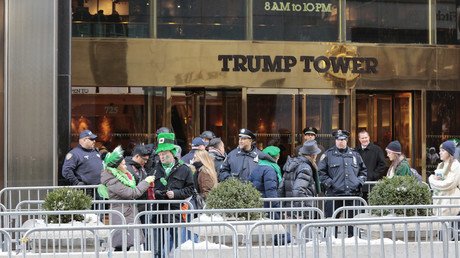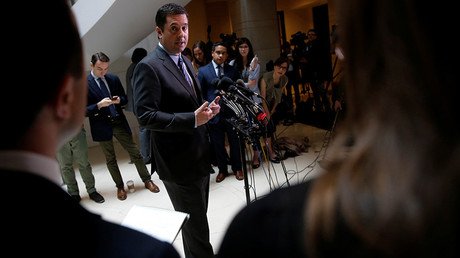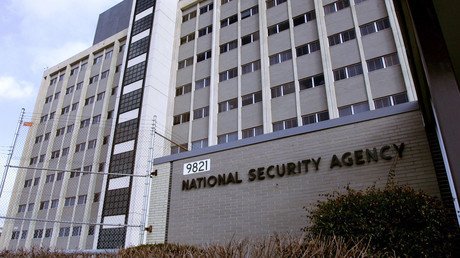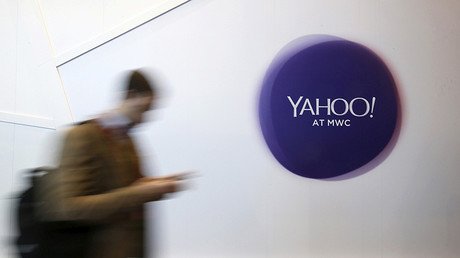US lawmakers want to know how many Americans under surveillance
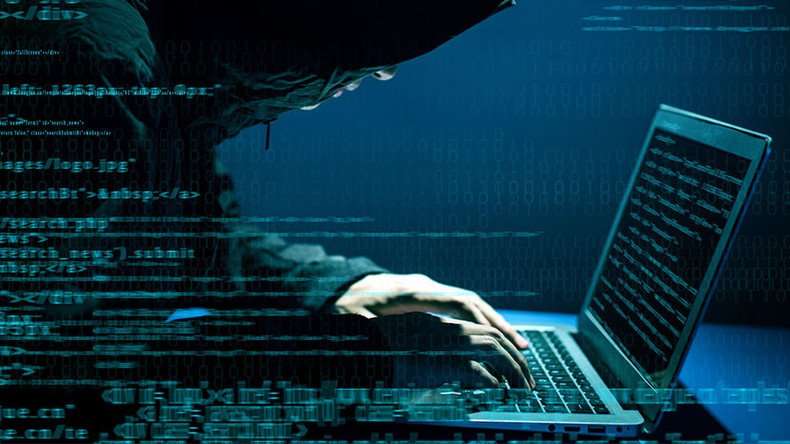
Top members of the House Judiciary Committee have asked the Trump administration to reveal how many Americans are affected by expiring foreign surveillance programs that gather massive amounts of personal data.
In a letter to Director of National Intelligence Dan Coats, House Judiciary Committee chairman Bob Goodlatte (R-Virginia) and ranking member John Conyers (D-Michigan) have called for an estimate, according to Reuters, on how many Americans are involved in surveillance operations that expire at the end of the year. The surveillance programs in question are vested in Section 702 of the Foreign Intelligence Surveillance Act (FISA).
"It is clear that Section 702 surveillance programs can and do collect information about U.S. persons, on subjects unrelated to counterterrorism," wrote Goodlatte and Conyers. "It is imperative that we understand the size of this impact on U.S. persons as our committee proceeds with the debate on reauthorization."
The pair have requested an answer by April 24, Reuters reported.
Section 702 of FISA authorizes warrantless data collection of electronic communications stored by US internet service providers, including the likes of Google and Facebook, or that moves across the internet "backbone" located in the US via telecom providers such AT&T. The statute, while explicitly aimed at non-US persons overseas, allows the collection of innocent Americans' data as long such information is bundled with a single communication involving or related to a target.
The statute, which gives legal cover to the National Security Agency spying programs PRISM and Upstream, which were revealed by Edward Snowden in 2013, also does not require for communications collection that an individual be a suspected terrorist, spy or foreign agent, nor does it demand judicial approval to target someone. Information gleaned by such data collection can be kept for years and be used for purposes that do not have to be related to national security.
Section 702 of FISA may be at the root of Trump's claims that the Barack Obama administration collected data on he and his staff prior to taking office.
An estimate on how many Americans' communications have been collected through Section 702 justification is "crucial as we contemplate reauthorization" of the statute prior to December 31, 2017, the committee members wrote, according to Reuters.
The House Judiciary Committee made a similar request of the Obama administration in December, but a report did not materialize before Donald Trump took office on January 20.
Section 702 was added to FISA, a law first passed in 1978 to collect foreign intelligence information, with bipartisan support in 2008. The amended law was then reauthorized for five years in 2012.
Disclosures by former US intelligence employee Edward Snowden showed that, through the program PRISM, the NSA uses Section 702 as a legal basis for collecting both content and metadata stored by several major internet companies that pertain to specific selectors, such as an email address. Through the program Upstream, also revealed by Snowden and justified by Section 702, the NSA intercepts telephone and internet traffic that is pulled from internet data routes that travel through the US.
Section 702 "is used to collect the communications of tens of thousands of people for broad purposes that go well beyond fighting terrorism,"says the Center for Democracy & Technology.
Last month, during a House Judiciary Committee hearing on Section 702, Elizabeth Goitein, co-director of the Liberty and National Security Program, said an estimated 250 million internet communications were gathered under authority of the statute in 2011 alone.
